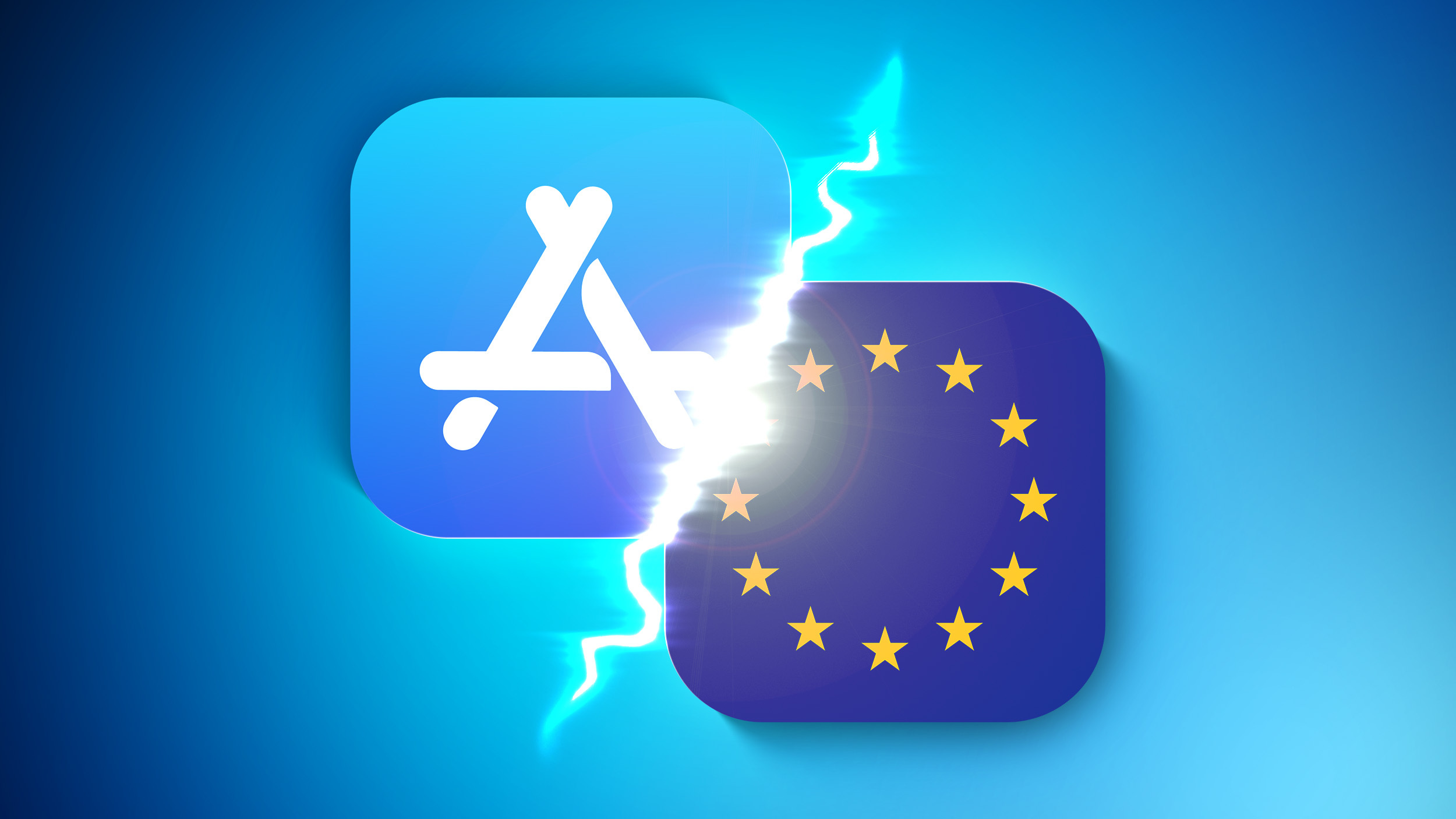
In regard to Apple, the BEUC outlines several ways that the company's DMA compliance efforts fall short, but it is worth noting that Apple has addressed many of these issues in its most recent DMA updates, which will be implemented starting later in 2024.
- Apple creates unnecessary steps to impede or deter users from switching to alternative app stores or downloading apps outside of the App Store.
- Apple does not make it easy for consumers to change their default settings.
- Apple's browser choice screen does not provide enough information for consumers to make an effective choice, and the choice screen is "confusing, complex and creates negative friction."
- Apple uses non-neutral language to scare consumers away from choosing alternative payment services or subscribing to cheaper services outside of an app. This is in reference to the disclosure screens that Apple presents when consumers use alternative payments.
- Apple does not allow end users to easily uninstall first-party apps, and while Safari can be deleted by the end of 2024, Apple was required to allow that feature by March.
- Apple does not provide adequate compliance reports to the European Commission, and has delayed the implementation of some of its DMA measures, a "blatant violation" of the DMA.
Many of the DMA changes that Apple announced last month make the report outdated, and the BEUC does acknowledge that Apple plans to implement tweaks to its DMA compliance. The BEUC says that the "precise details" of Apple's changes "will need to be evaluated." The report is clearly of the opinion, however, that Apple is taking too long to implement these features. Most of the updates will be made before the end of the year, while some others won't be enabled until spring 2025. Here's what Apple changed to better comply with the DMA:
- New default apps will be able to be set for phone calls, messaging, password managers, keyboards, navigation, translation, and call spam filters.
- There is a new Default Apps section in the Settings app, which specifically addresses one of the complaints in the BEUC's report. It was confusing to consumers to have to go to the "Safari" settings to manage a non-Safari default browser.
- Safari, App Store, Messages, Camera, and Photos apps will be able to be deleted.
- The browser selection screen shown to consumers at setup will include a description about the browser, an option to set a default right from the screen, and a requirement to scroll all the way down before choosing a browser.
- When a default browser that is not Safari is selected, that browser's icon will replace Safari's icon on the Home Screen or Dock.
For other tech companies, the BEUC targeted Meta's cross-service ads and messaging interoperability, Google's self-preferencing in search results and personal data use across services, Amazon's self-preferencing and difficulty unsubscribing from services, TikTok's personal data consent implementation, and Microsoft's customer consent screen for the use of data across services.
The European Commission will likely take the recommendations from the BEUC into account when taking further action on the way tech companies are complying with the Digital Markets Act. The report says that it is not an exhaustive assessment of compliance with every provision of the DMA, and is instead focused on issues relevant to consumers. Apple's fees for developers, for example, would not fall under the scope of the report, so the company could also face changes to its DMA compliance in areas not mentioned here.
This article, "EU Consumer Group Summarizes How Apple Fails to Comply With DMA" first appeared on MacRumors.com
Discuss this article in our forums
0 comments:
Post a Comment